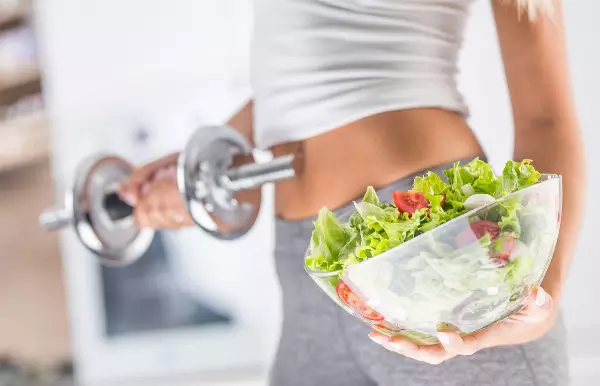The Watermelon Diet: Does It Really Work?
We all enjoy snacking on some watermelon cubes in summer and are always delighted by the refreshing flavor and juicy texture that we end up refilling the dish over and over until we feel completely full without having consumed a high calorie intake compared to the quantity we ate. That would make a great diet, wouldn’t it?
What if we tell you that it actually exists. The watermelon diet has been gaining more and more fame lately, thanks to its uniqueness and its promise to help you detoxify your body and lose weight over a short period of time. But does it really make that promise a reality, or is it just another fake information diffused by the social media?

The Watermelon Diet: What You Need to Know
There is not one watermelon diet we can describe, since this diet takes many shapes and forms, and anyone can modify it according to their needs. However, there is a principle that all the versions of the watermelon diet are based on, that is depriving the body of food. However, this is only applied over a short period of time, since you cannot rely solely on watermelon to supply your body with all the nutrients it needs.
You can adopt the watermelon diet by making it the only food that you let into your body for two or three days until your body is completely cleansed and detoxified, then start adding other foods gradually, making the watermelon a snack you can have between two light meals each day.
What helps the watermelon diet attract the most attention is the fact that watermelons only have 85 calories per serving. This makes you feel full quickly and stops your sugar cravings as well.

The Health Benefits of Eating Watermelon
It is clear that watermelon has fans from all over the world. This is not just thanks to its refreshing taste and sweet flavor, but also the variety of vitamins that result in great health benefits. These vitamins include:
- Vitamin C: also called the ascorbic acid, is essential to cells development and the growth of body tissues, as well as the production of collagen and contributing to the absorption of iron in the body.
- Vitamin A: This vitamin plays a vital role at protecting you from night-blindness and vision deterioration caused by aging. Additionally, it enhances your immune system and boosts your bone health.
- Vitamin B-1: also known as Thiamin, vitamin b-1 reduces your risks of developing complications in the nervous system, intestines, brain, stomach and muscles.
- Vitamin B-6: Also called Pyridoxine, vitamin b-6 has the ability to boost your mood and decrease your depression symptoms. It can also be an effective cure to anemia and the nausea most women suffer from during pregnancy.

Watermelon Diet: The Risks You Might be Facing
With all the health benefits we mentioned above and more, no wonder more people are feeling tempted to try the watermelon diet. However, before diving into any new food experience, we believe it is crucial to learn about its risks and dangers.
In the case of the watermelon diet, there is a gap in the nutritional value it can bring you. Despite its richness in different vitamins, you can clearly notice that watermelon does not provide any protein value. Therefore, you cannot completely rely on it to get all the nutrients you body needs.
Based on this fact, the watermelon diet cannot be recommended to children, pregnant women, or really anyone already coping with a chronic disease or severe health conditions.
To wrap it all up, we believe that the watermelon diet cannot cover all the needs your body when it comes to nutrition. Nevertheless, we would highly recommend it as a healthy snack you can have throughout summer , so you can indulge in the sweet taste without feeling guilty or worried about weight gain.
, so you can indulge in the sweet taste without feeling guilty or worried about weight gain.










0